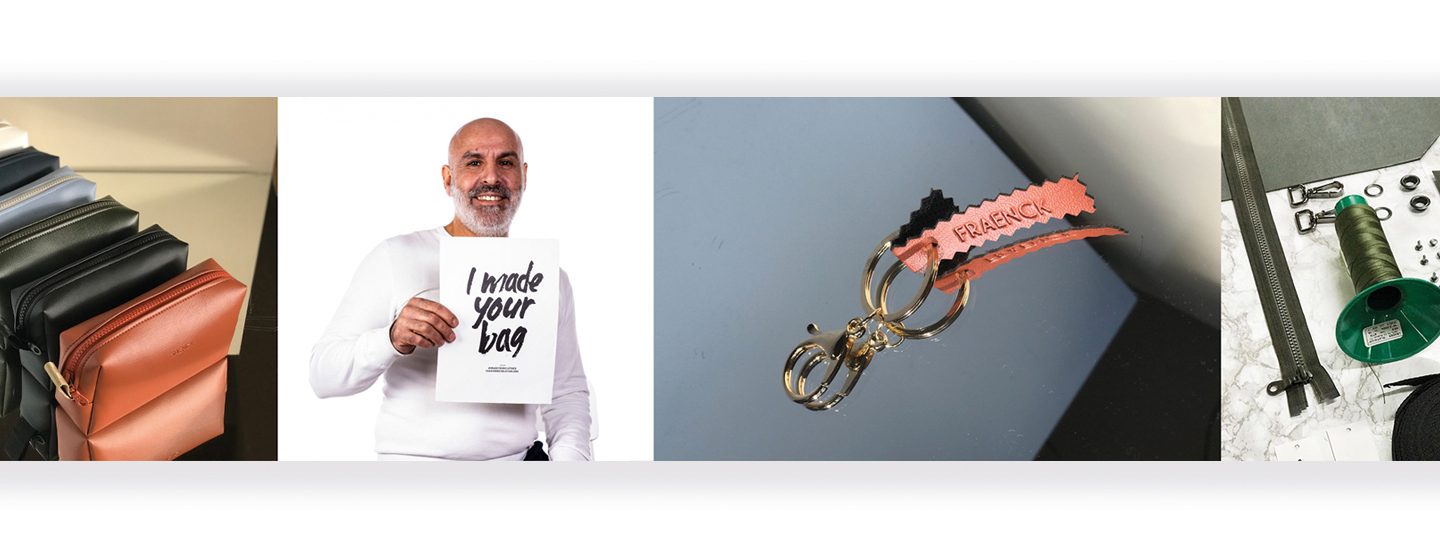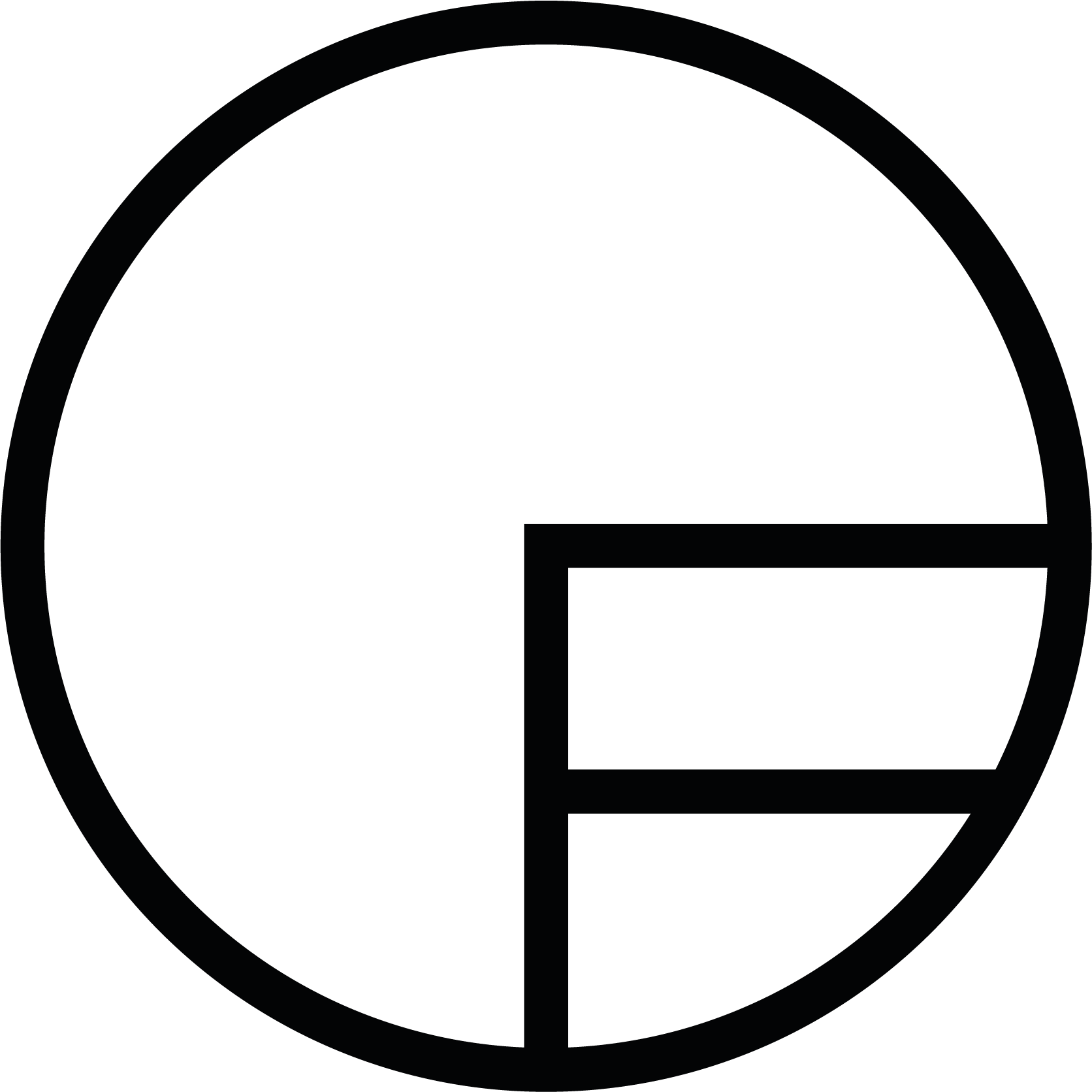

Fraenck

Gelderland, Netherlands The
January 2022
Rubber & plastics products
Manufacturing
Netherlands The
Fraenck is a social & sustainable fashion accessory brand, founded in 2018. It started with two aspiring designers (Ho&Mulder) feeling responsibility for the impact of the things they brought into the world. When they graduated from the Artez Academy of the Arts they felt a disconnect between the inner workings of the fashion industry and the way they wanted to operate. Together they started working on bringing design, fashion and honesty together. Both operational in the B2C and B2B market, Team Fraenck upcycles and recycles as many (textile) materials they can get their hands on. These are translated into a consumer collection, designed with and made from upcycled vegan leather and sailcloth (tarpaulin), but also a wholesale collection made for companies looking to recycle their own promotional materials, such as flags, banners, building facades and more. Their latest efforts include a collection of outdoor accessories made from discarded polyester tents and a range of items made from leftover textiles from Dutch trains. Every single item is handcrafted in the social workshop of Fraenck in the city centre of Arnhem, The Netherlands. A core team of fashion professionals guide an ever expanding team of individuals looking to improve themselves and learn new skills everyday.
Overall B Impact Score
Governance 13.6
Governance evaluates a company's overall mission, engagement around its social/environmental impact, ethics, and transparency. This section also evaluates the ability of a company to protect their mission and formally consider stakeholders in decision making through their corporate structure (e.g. benefit corporation) or corporate governing documents.
What is this? A company with an Impact Business Model is intentionally designed to create a specific positive outcome for one of its stakeholders - such as workers, community, environment, or customers.
Workers 30.8
Workers evaluates a company’s contributions to its employees’ financial security, health & safety, wellness, career development, and engagement & satisfaction. In addition, this section recognizes business models designed to benefit workers, such as companies that are at least 40% owned by non-executive employees and those that have workforce development programs to support individuals with barriers to employment.
What is this? A company with an Impact Business Model is intentionally designed to create a specific positive outcome for one of its stakeholders - such as workers, community, environment, or customers.
Community 19.5
Community evaluates a company’s engagement with and impact on the communities in which it operates, hires from, and sources from. Topics include diversity, equity & inclusion, economic impact, civic engagement, charitable giving, and supply chain management. In addition, this section recognizes business models that are designed to address specific community-oriented problems, such as poverty alleviation through fair trade sourcing or distribution via microenterprises, producer cooperative models, locally focused economic development, and formal charitable giving commitments.
Environment 29.2
Environment evaluates a company’s overall environmental management practices as well as its impact on the air, climate, water, land, and biodiversity. This includes the direct impact of a company’s operations and, when applicable its supply chain and distribution channels. This section also recognizes companies with environmentally innovative production processes and those that sell products or services that have a positive environmental impact. Some examples might include products and services that create renewable energy, reduce consumption or waste, conserve land or wildlife, provide less toxic alternatives to the market, or educate people about environmental problems.
What is this? A company with an Impact Business Model is intentionally designed to create a specific positive outcome for one of its stakeholders - such as workers, community, environment, or customers.
Customers 4.0
Customers evaluates a company’s stewardship of its customers through the quality of its products and services, ethical marketing, data privacy and security, and feedback channels. In addition, this section recognizes products or services that are designed to address a particular social problem for or through its customers, such as health or educational products, arts & media products, serving underserved customers/clients, and services that improve the social impact of other businesses or organizations.